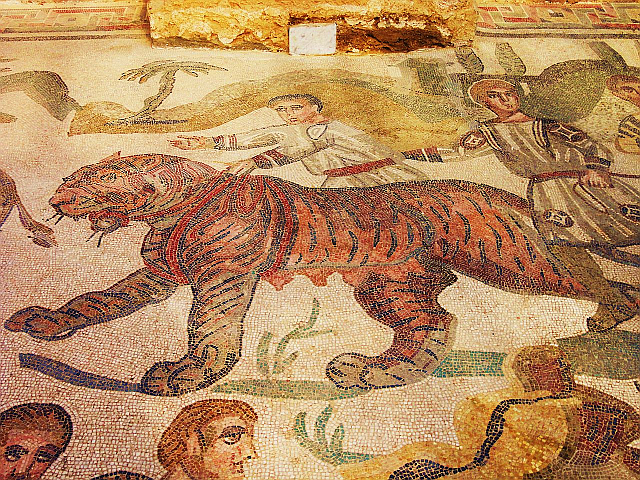Jutta points us to a WSJ piece about a new translation of 16 Greek plays by James Romm and Mary Lefkowitz. Here's a snippet from the interview:
What Greek play is most relevant to our times?
JR: Any one of them can seem “most relevant” on any given day, depending on what’s going on in the world. But I’d say “Alcestis” pops up most often for me, in that it deals with very real (and flawed) characters and with psychological complexity. Its central figure, Admetus, is fated to die unless he can find a substitute; he chooses to let his wife die in his place, hardly the act of a larger-than-life hero!
ML: I’d pick Euripides’s “Bacchae”—A new ecstatic religion has come to town, with weird transgender behavior, the liberation of women, and outlandish music; the old folks think it’s a good idea to go along with it, but the young king tries to stop it, and ends up torn to pieces by his mother and aunts. The story suggests that you can’t object to cultural change, even when it makes you uncomfortable or upsets the status quo.
Do you have a favorite passage?
JR: To continue with “Alcestis”—The play has a riveting central scene in which Admetus confronts his father, who had refused to give up his life for his son. Admetus excoriates his dad for selfishness, while the father asserts his right to live out his old age like anyone else. It’s an explosive scene with many great Euripidean themes: Self-interest vs. self-sacrifice, the obligations entailed by familial bonds, the war between the generations. I read the scene with my Greek students every chance I get.
ML: I’d pick the third long choral song of Sophocles’s “Antigone,” which talks about the human propensity for getting things wrong! Plenty of examples of that every day.


